1. Major Introduction
Since its establishment in 1996, the major of Computer Science and Technology in our university has cultivated a large number of outstanding professionals for the society and has achieved the good reputation. Relying on the excellent teaching resources and research strength of the School of Computer and Information Engineering, Hubei NormalUniversity continuously strengthens cooperation and exchanges between China and foreign countries, deepens contacts with government departmentsand enterprises, and promotes cutting-edge research in fields such as artificial intelligence, industrial internet, software design and development, research and development of computer hardware or IT products, so as to cultivate inter-disciplinary talents with international perspective , innovative mind and practical skills of computer hardware and software. The School of Computer and Information Engineering have been actively exploring the reform of undergraduate education, the innovation of graduate education, the development of frontier research, the promotion of the national economy, etc.
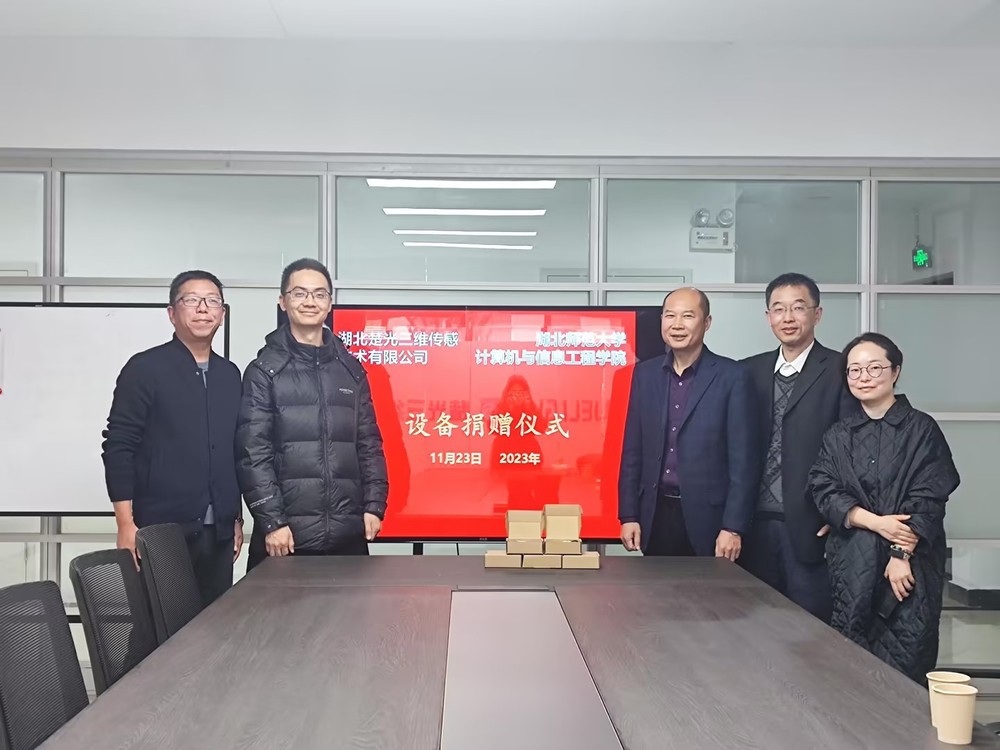
(Exchange Visits Among Industrial Enterprise )
2. Training Objectives
For four-academic-year (Fall and Spring Semesters) study, the program cultivates the senior talents for computer science and technology. After graduation, students can basic skills and basic methods related to computer systems, and have the ability to apply basic principles and technologies to the design, development and application of computer systems. To play an effective role in a team, have good overall quality, can expand their ability through continuing education or other lifelong learning channels, understand and keep up with the development of disciplines, and have the ability to analyze, research and solve complex engineering problems in the computer field in line with the needs of the new era of industry application-oriented talents. The graduates of this major are mainly engaged in the research design, teaching, application development and maintenance testing of computer software and hardware systems in the field of IT.
3. Main Courses
The core courses include data structure, database system, computer composition principle, operating system, algorithm design and analysis, microprocessor and interface technology, and computer network.
The major curricular practical training and major professional experiments include object-oriented programming design and development experiment, data structure experiment, database application experiment, computer composition principle experiment, operating system experiment, algorithm design and analysis experiment, computer network experiment, computer application and programming semester practical training, object-oriented programming and development semester practical training, software development methods integrated topic semester practical training, computer system modeling and testing certificate comprehensive topic semester practical training, software design mode comprehensive topic semester practical training, professional practice-software service engineering comprehensive topic semester practical training, graduation internship, graduation thesis (design).
4. Graduation Requirement
Students shall pass sufficient courses in the program to get no less than 117 credits, finish the required internship and pass the graduation thesis (project) defense.
5. Professional Teachers
The structure of educational background and qualifications of the professional teachers in the program is increasingly optimized. They have outstanding scientific research ability and rich teaching experience, as well as good communicating skills. There are 4 full professors and 8 teachers with PhD out of 15. Furtherly, The academic monographs and more than a hundred papers have been published.
Teacher representative:
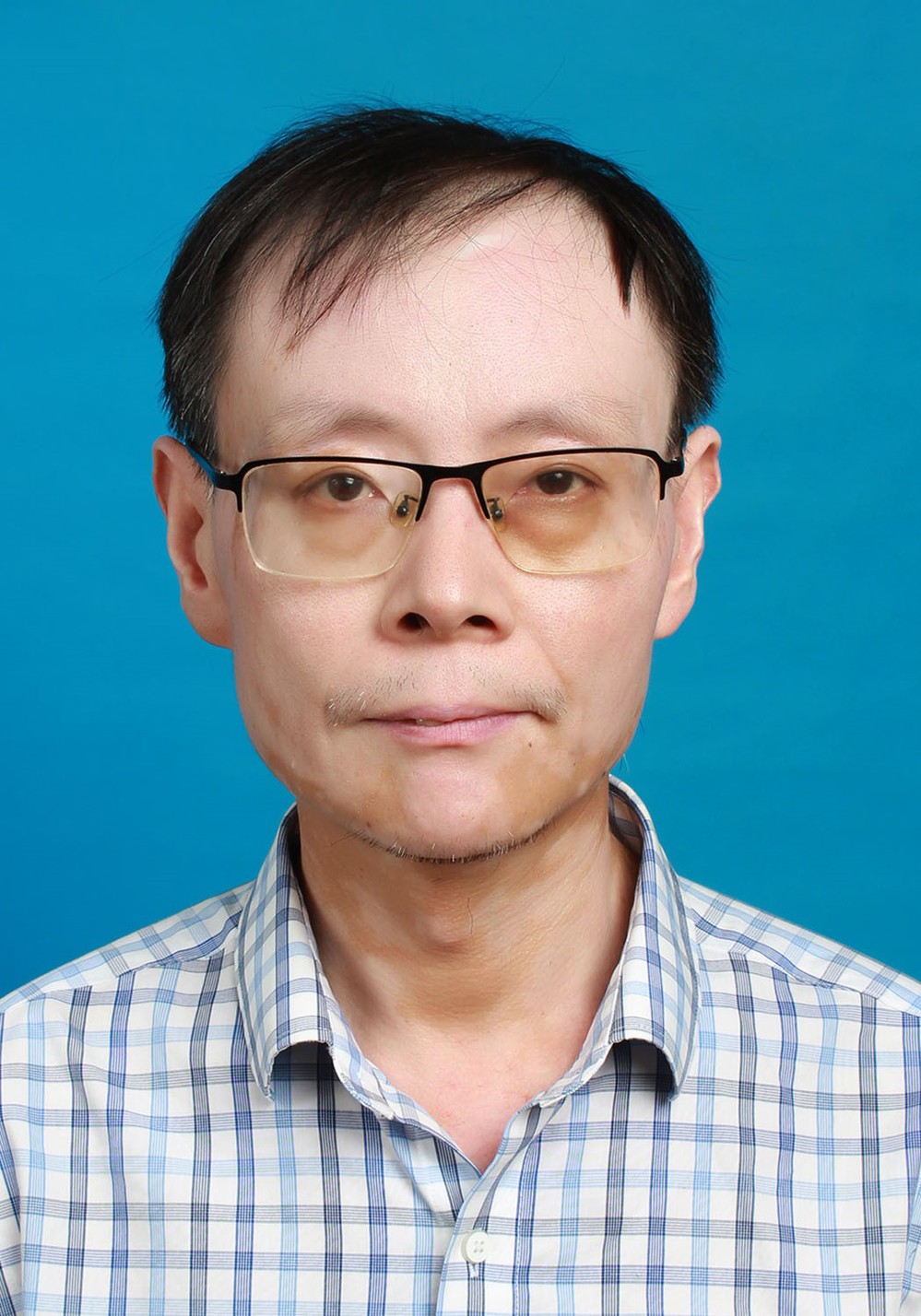
Zongwu Ke, professor, graduate supervisor, PhD of Computer Science, expertise in Computer Networks, Advanced Language Programming, Natural Language Processing. In recent 5 years, He published 3 academic papers on high level journals.Moreover, he has taught several English courses for international students, such as Computer Networks.
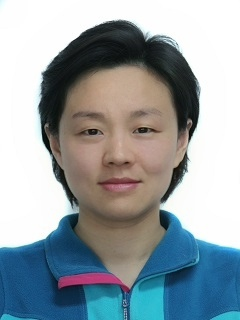
Ding Yi, associate professor, graduate supervisor, PhD in science of computer, Research Interests: Information computation, intelligent systems, neural networks, pattern recognition, deep learning, computer vision, and computer education, In recent 5 years,she has published over 10 papers in authoritative domestic and international
journals or at international conferences,and collaborated with enterprises to jointly
declare and complete one Ministry of Education industry-university cooperation and
collaborative education project,obtained multiple patents and software copyright
authorizations.
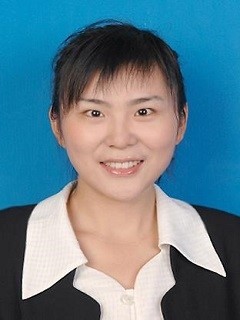
Chen Jiejie, professor, graduate supervisor, PhD of of Artificial Intelligence and Automation at Huazhong University of Science and Technology. She is also a member of the Chinese Association of Automation. Her research primarily focuses on Deep Learning, Machine Learning, Predictive Control, and Fractional-order Neural Networks. As the lead author, she has contributed to 42 publications in both domestic and international journals, with 17 of them indexed by SCI. Her work has been featured in prestigious publications such as IEEE Transactions on Cybernetics, IEEE Transactions on Neural Networks and Learning Systems, and IEEE Transactions on Systems, Man, and Cybernetics. and so on.
Chen Jiejie has led two projects funded by the National Natural Science Foundation of China, including a Youth Project and a General Project in recent 5 years. Additionally, she has spearheaded a youth project funded by the Hubei Natural Science Foundation. Her involvement in various national and cross-disciplinary research endeavors culminated in her research achievements earning the First Prize of Natural Science Award in the Hubei Province Science and Technology Awards in 2020, where she ranked third.
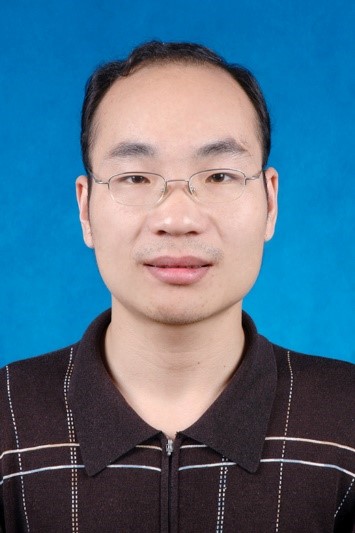
Li Guangmin, associate professor and master's degree holder, is a graduate supervisor and was a visiting scholar at the University of Ulster in the UK (August 2016 to February 2017). He is currently the director of the Software Engineering Department at the College of Computer and Information Engineering. His main research areas are natural language processing and enterprise informationization. He has led 5 provincial and ministerial level research projects and 3 horizontal projects. He holds 1 national invention patent, has 10 software copyrights, and has published 18 papers, including 3 SCI and 4 EI indexed papers, as well as 8 papers in Chinese core journals.
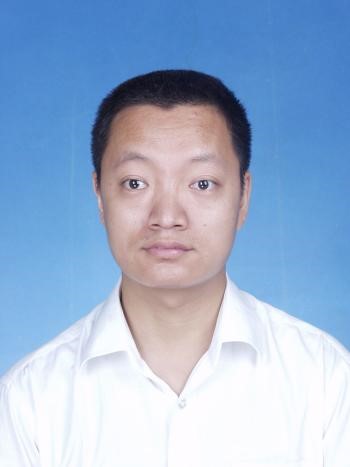
Liu Jinjun, lecturer, graduate supervisor, PhD in computer systems architecture, expertise in Data Provenance, Metadata management, Data structure. He is also a member of the China Computer Federation. In recent 5 years,he has been in charge of 1 research project supported by Hubei provincial natural science foundation, as well as several cooperation with enterprises. He published 4 academic papers on high level journals.

